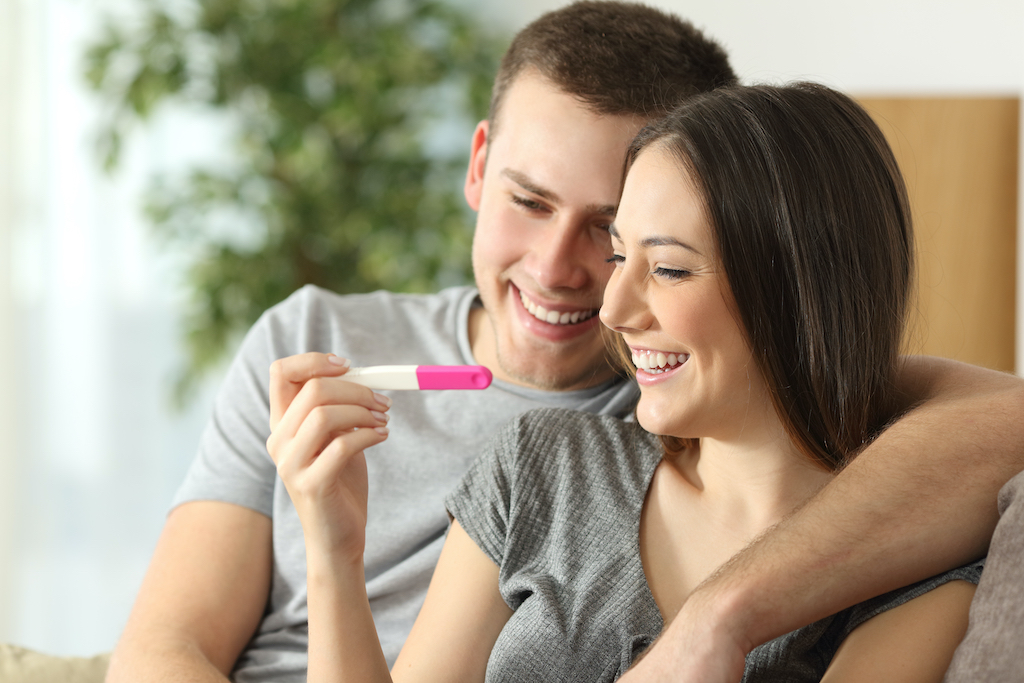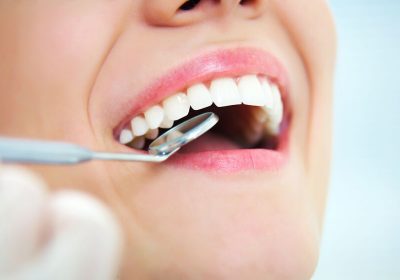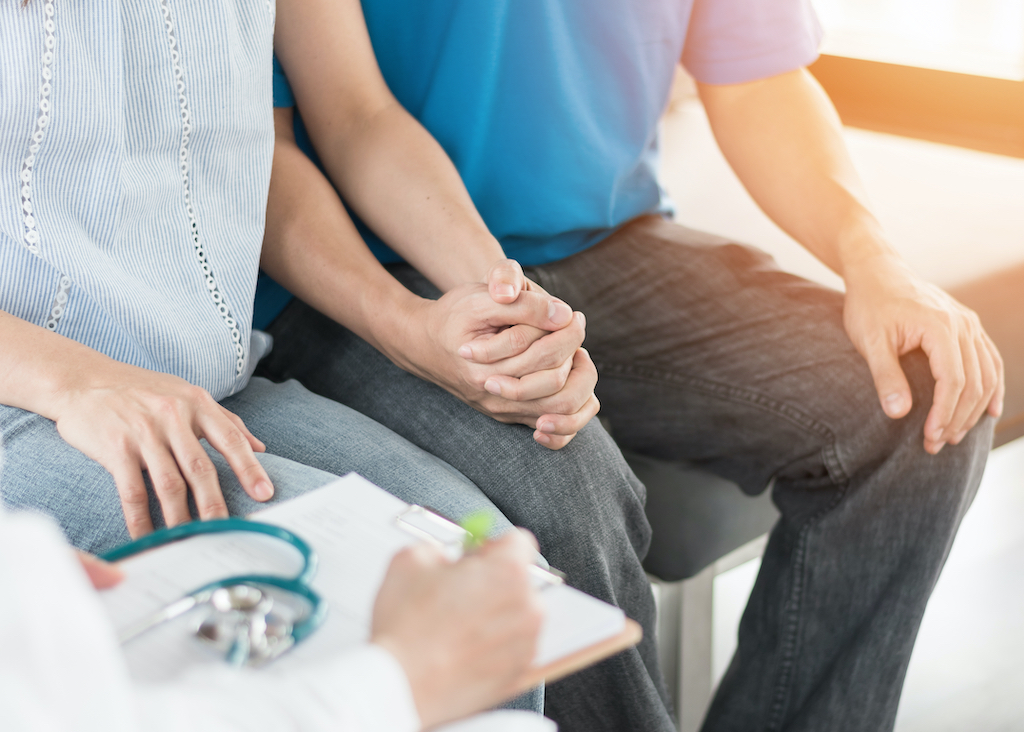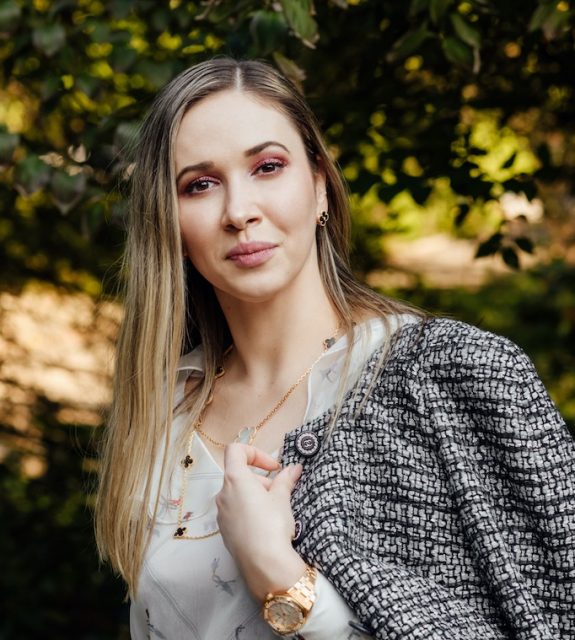The founding partner and practice director of CCRM New York. He is board-certified in both reproductive endocrinology and infertility and obstetrics and gynecology. Brian Levine, M.D. leads the industry in normalizing open dialogue about infertility— a medical condition affecting 1 in 8 couples— and educates prospective parents on a national level. Over the years, Dr. Levine has been cited as one of the nation’s leading fertility experts in The New Yorker, New York Post, NBC, CNN, Avenue Magazine among others, offering valuable insight on everything from fertility misconceptions, egg-freezing 101, to how men can boost their fertility.
Dr. Brian Levine sits down with Haute MD to discuss getting pregnant after 35.

HMD: What are some of the main causes of why people have trouble getting pregnant after 35?
According to the Centers for Disease Control (CDC), “fertility declines with age in both men and women, but the effects of age are much greater in women. In their 30s, women are about half as fertile as they are in their early 20s, and women's chance of conception declines significantly after age 35. Male fertility also declines with age, but more gradually.” For those women who are having trouble conceiving over the age of 35, frequently the causes are diminished ovarian reserve (low egg count) or poor egg quality (which can also be due to issues with the genetics of the eggs).
HMD: If a person is trying to get pregnant at the age of 35 or older, and is having trouble, what are the first steps they should take?
The most important thing that patients need to know, is that infertility is incredibly common. Approximately 12% to 15% of couples are unable to conceive. With that said, if a woman or couple is having trouble getting pregnant, or staying pregnant, they should talk to their OB/Gyn. It is quite possible that a simple blood test or ultrasound will show the woman needs further assistance, and should see a fertility specialist. Alternatively, a motivated patient can always reach out on her own to a fertility specialist, and likely bypass the Ob/Gyn.
HMD: What do you tell your patients that are experiencing the emotional rollercoaster of trying to get pregnant after the age of 35?
Whenever someone is having an emotionally tough time with the diagnosis of infertility, the stress and strain of the evaluation, or simply is overwhelmed by the treatment protocol, I always remind them that treating infertility is like training for a marathon. While it may feel like a slow process, the goal is to cross the finish line with a successful outcome. But like training for an event, fertility treatment can take incredible amounts of emotional and physical strength.
 Photo Credit: Shutterstock
Photo Credit: Shutterstock
HMD: What are the treatment or therapies do you offer for couples trying to get pregnant after 35?
For those women over the age of 35, we are ever aware that time is of the essence. But even amidst COVID-19, we have found that we are able to quickly and efficiently diagnose and treat patients. After an initial visit either in person or via telehealth, we quickly proceed with female fertility testing and workups which include baseline blood work, ultrasounds, and radiology studies such as a hysterosalpingogram (HSG). For the male partner, we quickly recommend a comprehensive semen analysis and incorporate male fertility services when needed. Often, we see that patients want or need to proceed with in vitro fertilization whereby we grow the resultant embryos to the most advanced (blastocyst stage) and frequently couple comprehensive chromosomal screening (CCS) with a frozen embryo transfer in a subsequent cycle.
HMD: When would you recommend alternatives to natural conception?
Before the late 1970’s, natural conception was really the only possible treatment for even the most severe infertility cases. But, over the last 40+ years, we have made great gains in both the efficiency of diagnosing infertility and the efficacy of the prescribed treatments. With that said, we only recommend “abandoning” natural conception when there is clear data that it might cause undue harm or risk to the mom or future pregnancy. With that said, many patients come to us to help them achieve the goals of either starting or growing their families in the least amount of time possible.
For more information, visit Dr. Brian A. Levine's social media:

























